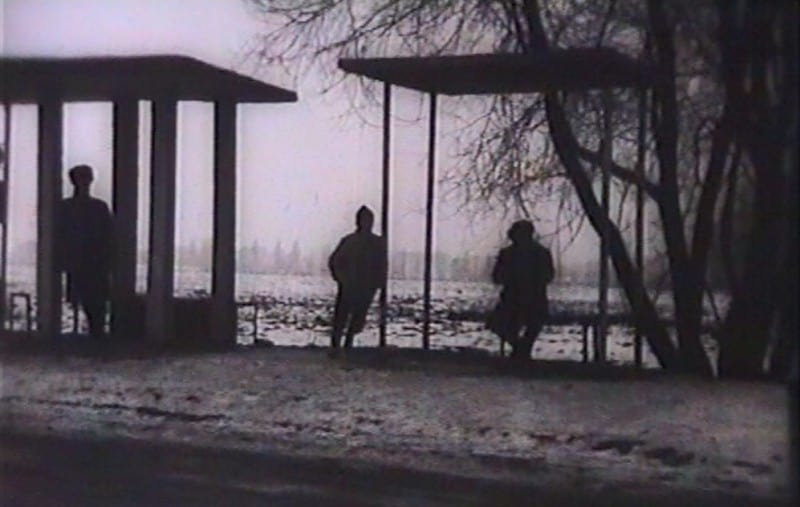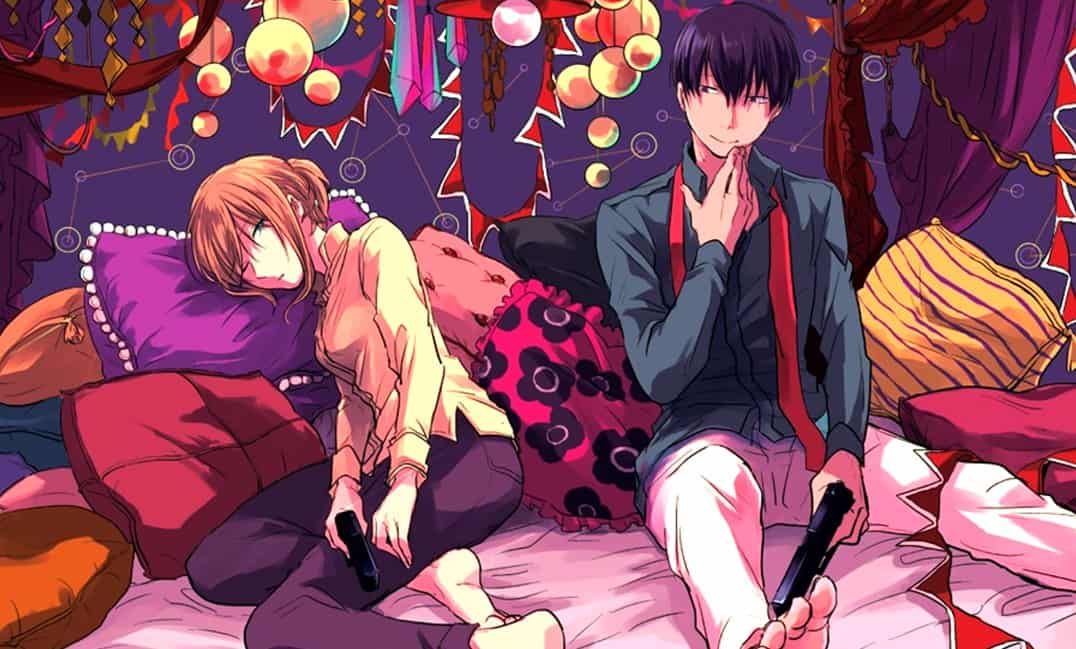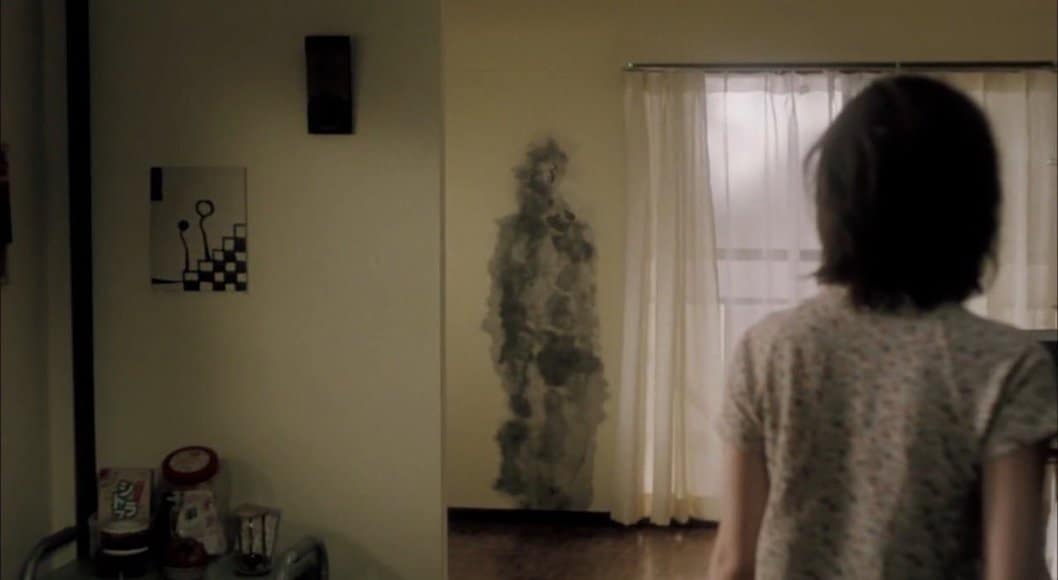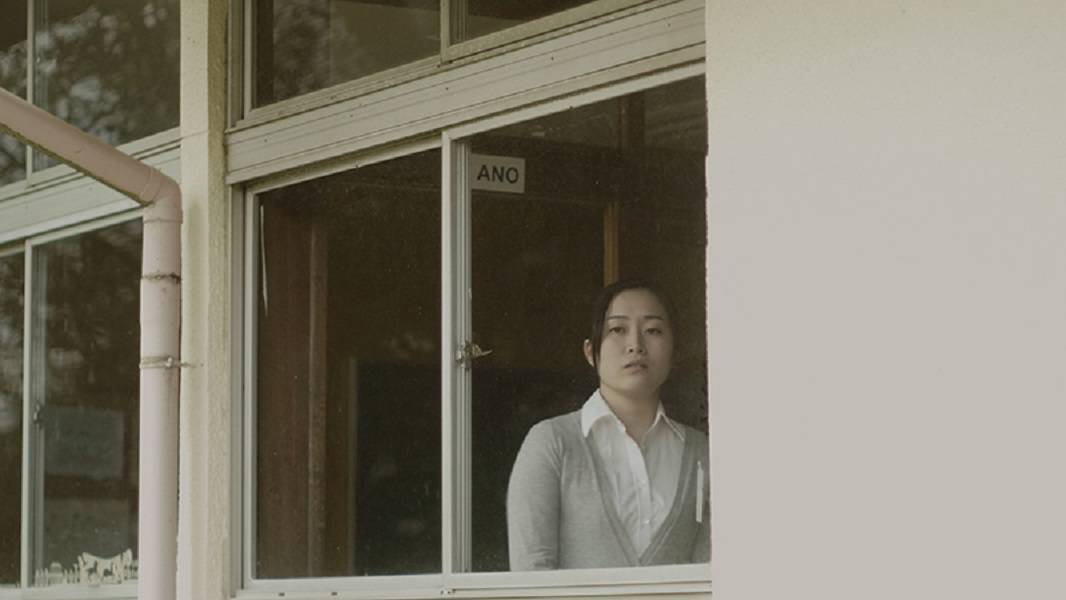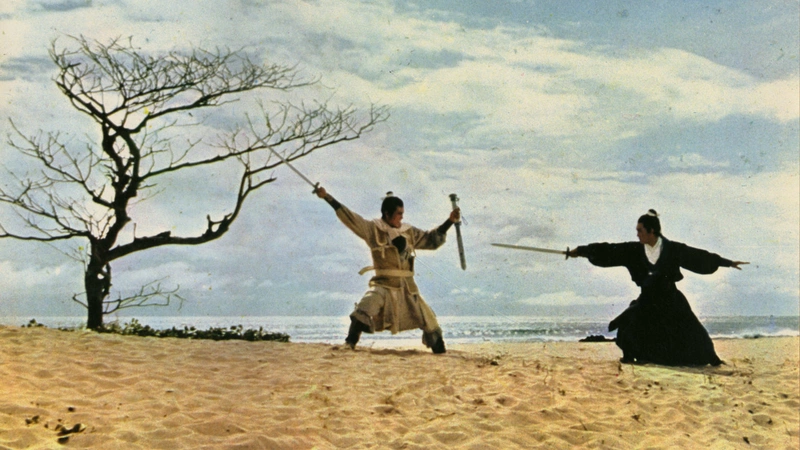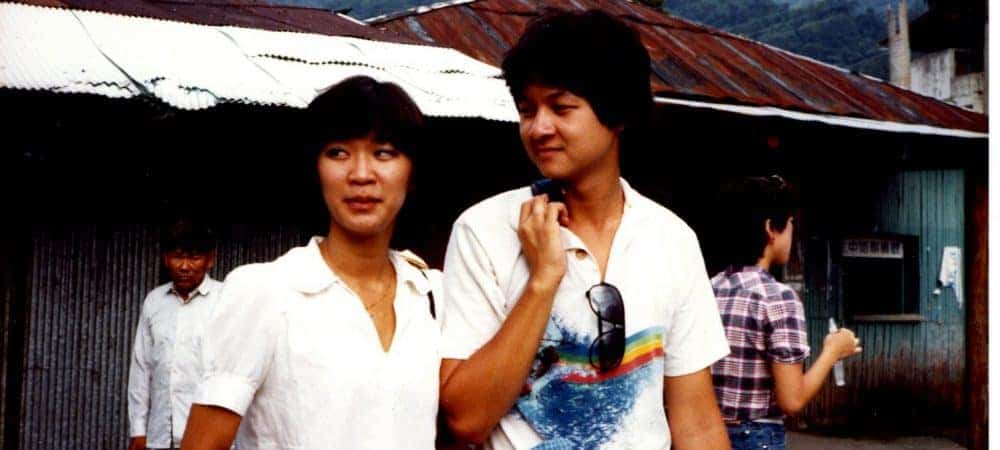Somewhere between a filmic exercise, an amateur video and a silent movie, “Bus Stop”, according to its two directors, is about stillness, infinite expectation and interwoven memories; that even with a loss of innocence, there is always hope.
The Bus Stop is screening at the Thessaloniki Documentary Festival
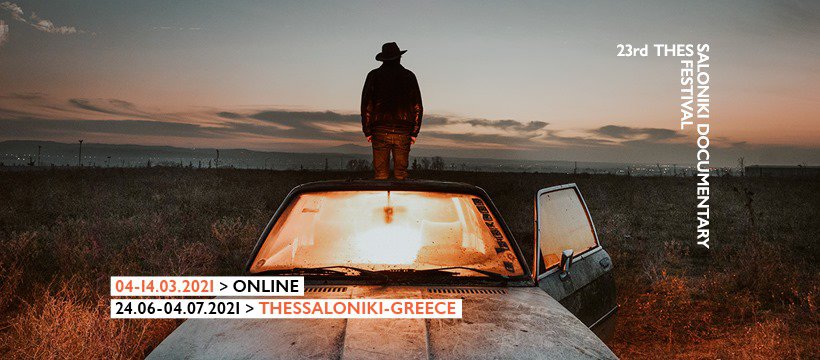
The 27-minute short interweaves just two settings. The first one is the titular bus stop, where a boy, a man, and an older man are waiting for a bus that never seems to arrive. The second one is across the bus stop, in a snowed area surrounded by trees, which seems to be in the outskirts of a city, as the road that is visible in the back is busy with cars and truck riding by. This second setting also functions as the medium for the coming of two more individuals to the bus stop, first a woman and then a drunken man, with the appearance of the second essentially kickstarting a sort of narrative in the movie.
The last man, in all his drunken audacity, begins to harass the rest of the people in the stop, and eventually picks the old man's watch, which was previously mentioned as the kid asked for the time, and throws it behind the bus stop, in a snowed field, despite the intense protests of the rest. The other man there becomes violent after this, pushing and pulling the drunkard away, while the rest are searching for the watch, which is eventually discovered thanks to the smartness of the boy. The drunken man however, does not go away, and after singing for a bit (Michel Legrand's theme tune to the film Un homme et une femme), he bursts into tears, barely being able to stand by leaning on the bus stop. His cries mellow the rest, and eventually all become a company.
Evidently, the film is quite minimalistic, with barely any dialogues, essentially functioning more as a stage play than an actual movie. The loud noises of the road provide a sort of soundtrack, which seems to want to show the overall loudness of the cities in Kyrgyzstan, while the “protagonists” are presented from afar, through a steady camera that has them appearing as shadows for the most part of the film.
The appearance of the drunkard, who is quite convincing in the role actually, has multiple functions in the movie, apart from essentially, kickstarting the narrative, as the filmmakers use his presence to make a number of comments. That he is completely drunk in what seems to be a morning functions as a comment to the almost “mythic” concept of alcoholism that seems to torment all the countries of the former USSR. That his presence is what eventually brings the four other characters together, since up to that point they barely acknowledged each other, is a comment on how human relationships can be formed. Lastly, the finale, seems to be a comment on human compassion and forgiveness, that can be extended even to such awful individuals, especially when they show some kind of remorse, in an eloquent and somewhat romantic “we can all be friends” comment.
Evidently, “Bus Stop” is not an easy film to watch, and essentially addresses only hard-core film buffs or cinema students. However, due to the presence of the drunkard and the sense of bittersweet humor that he brings to the narrative, the last part at least, is somewhat entertaining, making the film worthwhile even for the audience that does not belong to the aforementioned categories.


